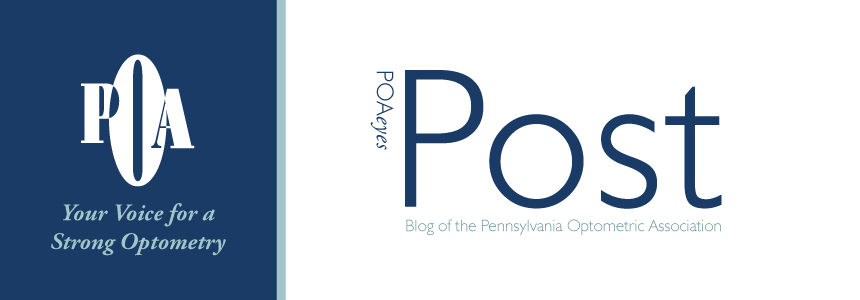Atomic habits, a term popularized by James Clear, refers to the small, incremental changes we can make in our daily routines that cumulatively lead to significant outcomes. This theory suggests that success does not stem from monumental, overnight changes but from the minute, almost imperceptible adjustments we make consistently over time. It's the idea that if you improve just 1% every day, those small gains will compound into remarkable achievements.
As optometrists, the application of atomic habits can profoundly impact our practice and patient care. Consider the power of integrating small, positive habits into your daily routine—writing thank you cards to all new patients, following up with a phone call to all emergency patients, or simply committing to look patients in the eye as we talk. Each small action is a step toward becoming a more effective and compassionate provider.
However, the core of atomic habits—and indeed, the foundation of any meaningful change—is self-reflection. It's about understanding who we are, what we value, and what we believe in. For me, as a committed member of the POA, every decision I make, every habit I form, is driven by my dedication to advancing the public health of the Commonwealth through eye care. This conviction shapes my actions, from the simplest to the most complex, ensuring they are aligned with my core mission. I have committed that I AM the voice of optometry to my local legislators and it was this conviction that landed me at a local fundraiser recently that introduced a new legislator as a friend to the POA for myself and several other members.
This principle of self-reflection extends beyond professional practice. It invites us to consider how our identity and beliefs influence our daily habits. Are the actions we're taking each day reflective of who we are and what we want to achieve? Are we making decisions that bring us closer to our goals, or are we caught in patterns that hinder our progress?
In closing, I encourage each of you to ponder the incremental changes you can implement in your life and practice. Reflect on your core mission and let it drive your habits, decisions, and actions. Together, as dedicated doctors of optometry and members of the POA, we can create a ripple effect of positive change, advancing not only our profession, but also the health and well-being of our communities.
James Deom, O.D., MPH, F.A.A.O., FSLS


